Weeknotes 292 - capitalizing embodied intelligence in our digital reality
Are we entering a new phase in AI with Apple Intelligence, capitalizing on embodied intelligence? And other news on human-AI partnering and robotic performances ao.
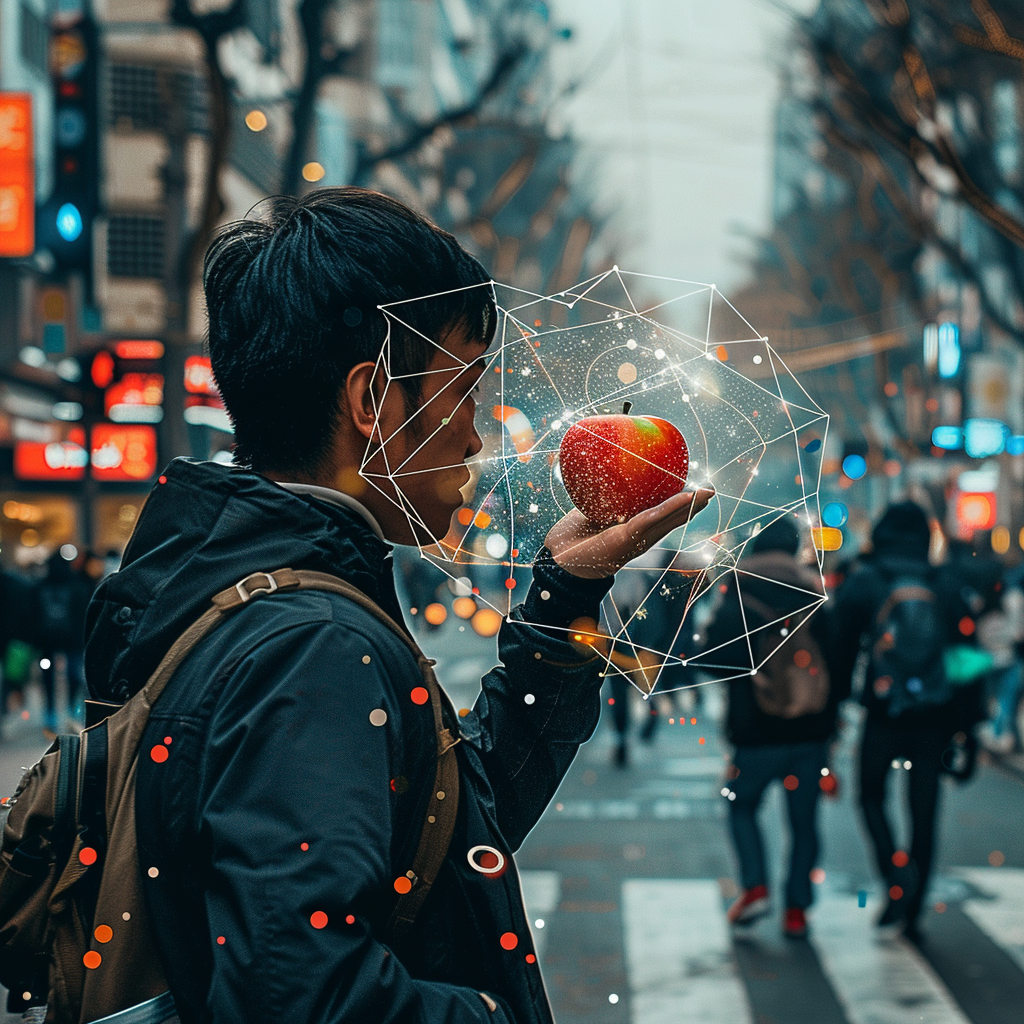
Hi y’all! Thanks for being here; welcome to the readers.
Last week was a great opportunity to sharpen the mind by giving a talk about Generative Things for a packed meetup at CLEVERFRANKE. Find my short write-up via the Cities of Things website. Later that week we did a workshop with the Hoodbots (Wijkbots) at the PublicSpaces conferences, including exhibiting the results from the two teams and making an appearance in the plenary closing. It was fun and inspiring to dive into the potential role of urban robots in future public spaces. The Inzamelbot (a version of the Wijkbot made in Afrikaanderwijk project) was part of the kickoff of the new building activities of Rotterdam University of Applied Sciences.
This week's newsletter has great timing—or not. With WWDC at the beginning of Monday evening, I need to postpone the final thoughts of the week until the last moment. Some of the captured news feels out of date. Some of Apple Intelligence's plans leaked before, aligning with expectations and developments; seeing them presented definitely triggered more thinking… It builds on the thinking I did for the talk and beyond on generative things, I did last Tuesday.
Triggered thought
There is no way to avoid reflecting on the Apple WWDC keynote announcements. Apple Intelligence, through the stack of devices, enhances all things you can do with your phone or computer with personal intelligence, more than creating new magical experiences. AI for the rest of us was the concluding statement that is a telling frame; making AI accessible to normal use cases. It is undoubtedly well executed and uses the benefits of creating a private, trusted environment that can be used to create new insights on the person. It is, in that sense, the ultimate embodied intelligence.
To relate it to the presentation on Generative Things I gave last week at CleverFranke (see short summary and slides via Cities of Things), wondering what the GenThings will be like. My personal curiosity is more even in the mundane things that will become AI-enhanced or get sneaky AI, depending on the lens and the execution. How will AI make things act differently towards us? How will we treat things? What will our perception of smart-ass things or helpful pals do with our own behavior towards things?
In advance, I wondered if Apple would create a platform for using AI for others rather than offering it as a service on its own. It turns out they chose a combination that makes the core of their own functions intelligent but also offers it as a component for all app makers. It aims for a specific trusted layer of intelligence that must be needed by app makers claiming to protect the users' interests.
Apple Intelligence seems to live up to the expectations, deeply integrating intelligence into the full stack of our digital life. I think it is interesting to see what interaction model they choose: that of a super personal assistant—leaving the inspirational features to external partners. OpenAI will seamlessly integrate into the Apple Intelligence experiences without being a hidden engine. You know when you use the hallucinating capabilities of ChatGPT in the context of Apple’s Intelligence. Smart.
I am specifically curious to see and find out how it will influence the value of our and others capabilities. With the AI superpowers, we will delegate our own intelligence to the Personal Assistant that AI is. It raises the question of how we are valued by others as we have this capability. If every email and every other text is so easy to correct, will we trust that the writing is genuine? Partly not new, of course, compared Grammarly, which is rewriting the text all the time. Sometimes I choose deliberately not to correct it, even if it might be better. Just to make it more my own.
A telling example here is the enhancement of pictures. It is not a new idea, and Google has introduced it earlier, but what if you remove clutter from the background? Will it be clear to the photo's viewers that the reality is not as real as it seems? All of our lives become AI-filtered. Will this create the chilling effect I described with the generative things: will we adapt our behavior to the needs of the intelligence layer, losing part of our own identity? How much is AI, and how much is Personal Intelligence?…
So, AI for the rest of us; this is indeed potentially the new iteration in the digital life we already live and dominates our being.
For the new subscribers or first-time readers (welcome!), thanks for joining! A short general intro: I am Iskander Smit, educated as an industrial design engineer, and have worked in digital technology all my life, with a particular interest in digital-physical interactions and a focus on human-tech intelligence co-performance. I like to (critically) explore the near future in the context of cities of things. And organising ThingsCon. I call Target_is_New my practice for making sense of unpredictable futures in human-AI partnerships. That is the lens I use to capture interesting news and share a paper every week.
Notions from the news
In last week's news, the foreshadowing of the WWDC keynote and perceived Apple Intelligence played a big part. It makes no sense to share that all, and not all analyses are in at this moment, of course, so we can expect more on that next week. All big tech media reporting on all new announcements, like The Verge, Wired, Ars Technica, Semafor, but also Designboom. I also like the initial thoughts by Frank.
Human-AI partnerships
Different AI models having opposing opinions can be a good thing. However, it depends on whether this presents different sides or indicates the danger of trusting in one model…

Redefining creativity with AI, part 2. And what do AI agents means for our interfaces? A vision.
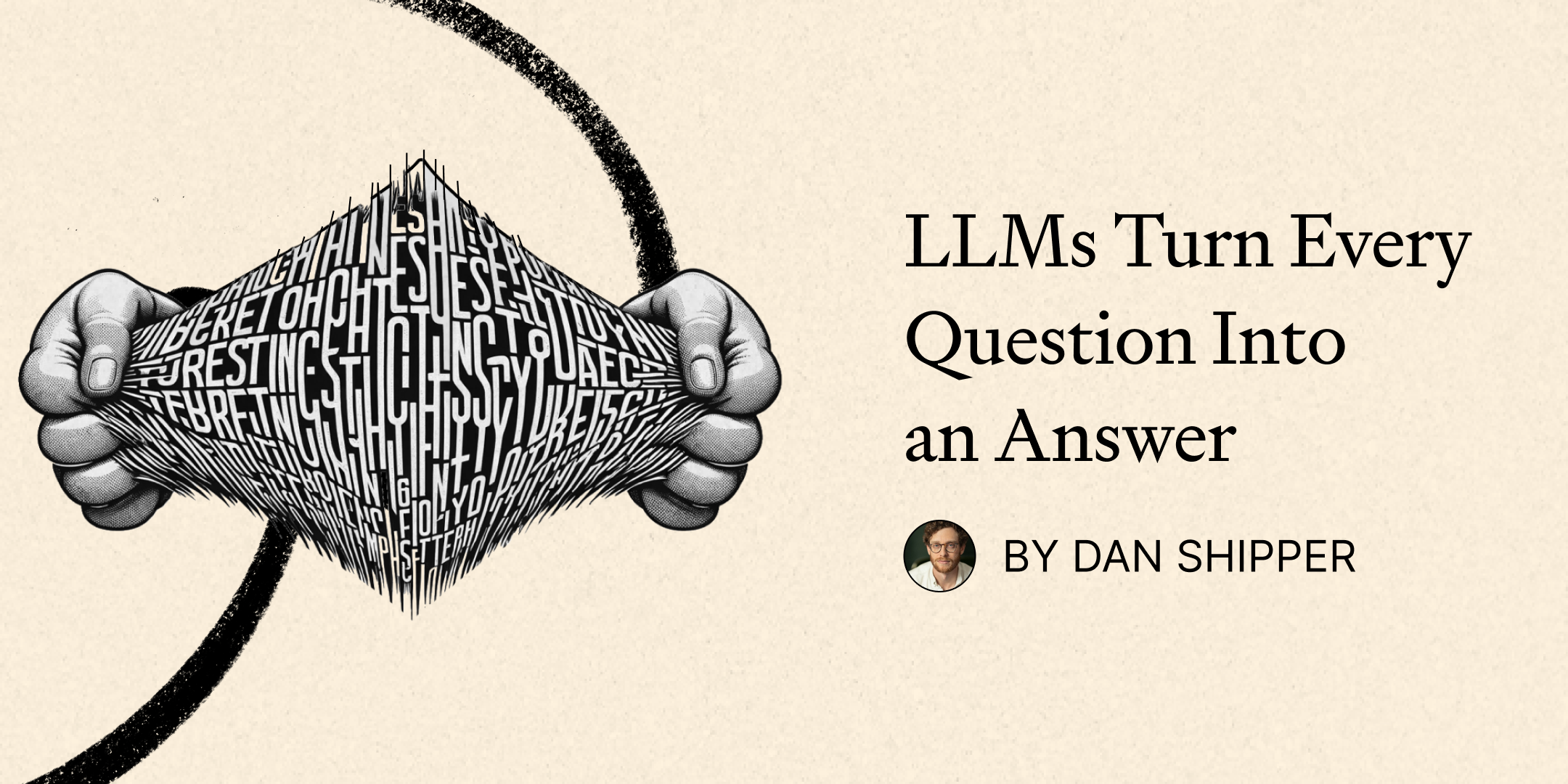

Better is not always better. “And that’s the problem with deep learning algorithms — they can’t preserve details”

And the Google AI overview rollout is still being scrutinized.

The new Apple private cloud AI might promote DDG strategy too? Or make it redundant.
/cdn.vox-cdn.com/uploads/chorus_asset/file/23932932/acastro_STK117__02.jpg)
The Humane saga continues this week, with product hardware issues and acquisition rumours.
/cdn.vox-cdn.com/uploads/chorus_asset/file/25379319/247075_Humane_AI_pin_AKrales_0111.jpg)
OpenAI might be part of some uplifting deals with Apple, but internally it is still not all set.

Building AI products right, and repairing wrong product behavior.

/cdn.vox-cdn.com/uploads/chorus_asset/file/25481481/windowsrecall.jpg)
Learning from doing an extensive reporting on a year building with LLMs (thanks for the tip Bram)

Curious how AI image generators work?
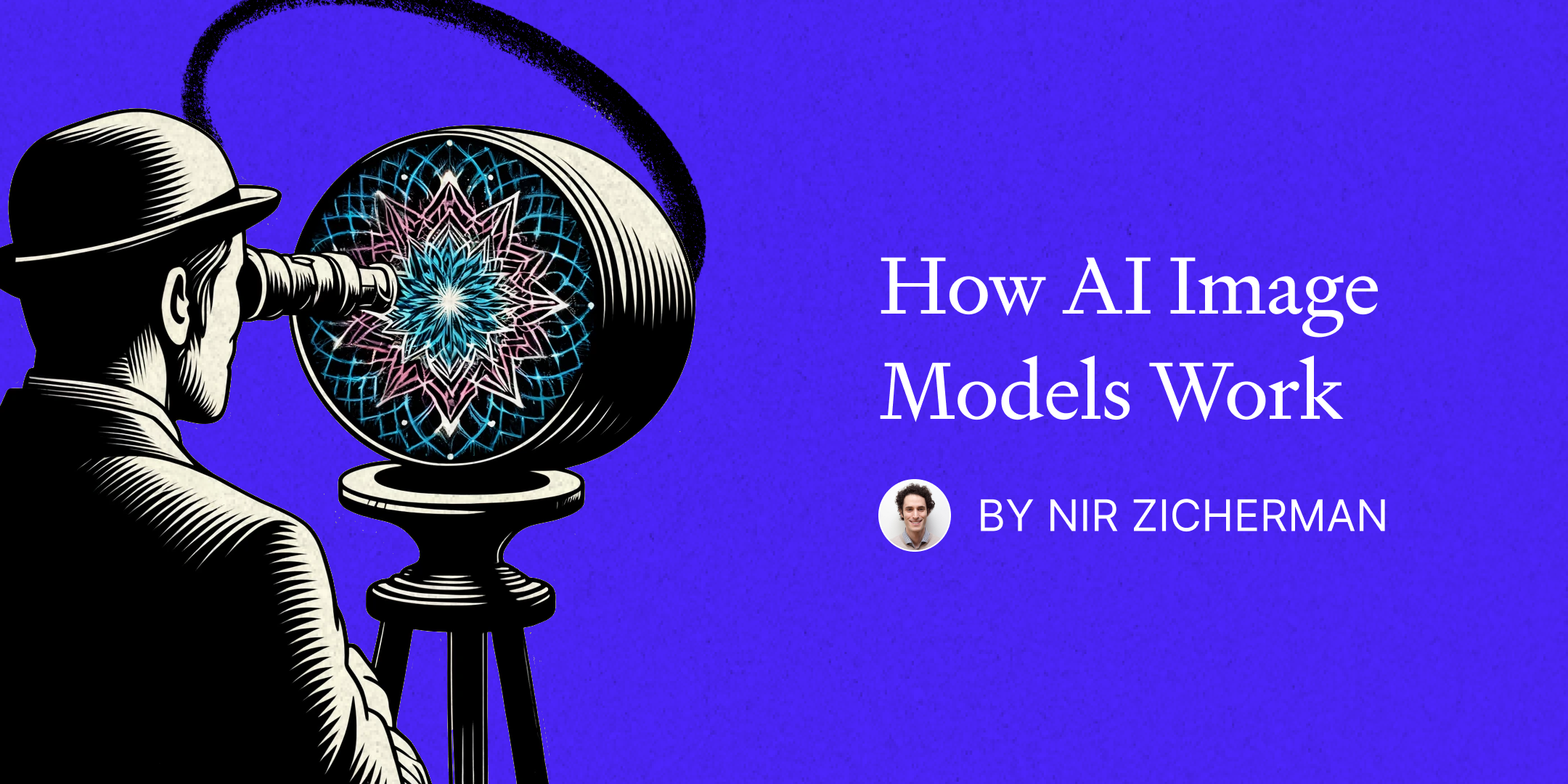
Claude character.
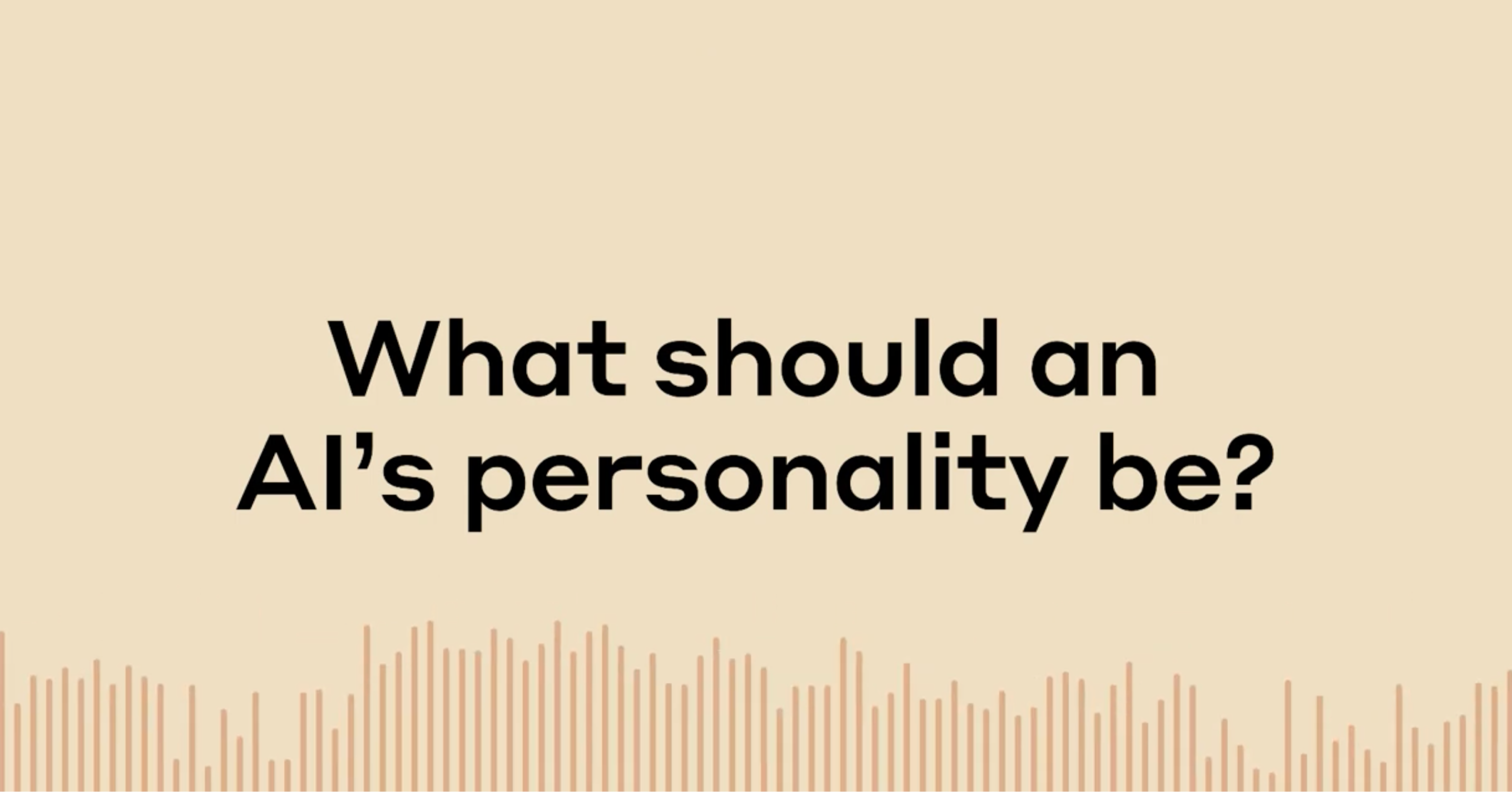
Will we run out of data for feeding the AI?
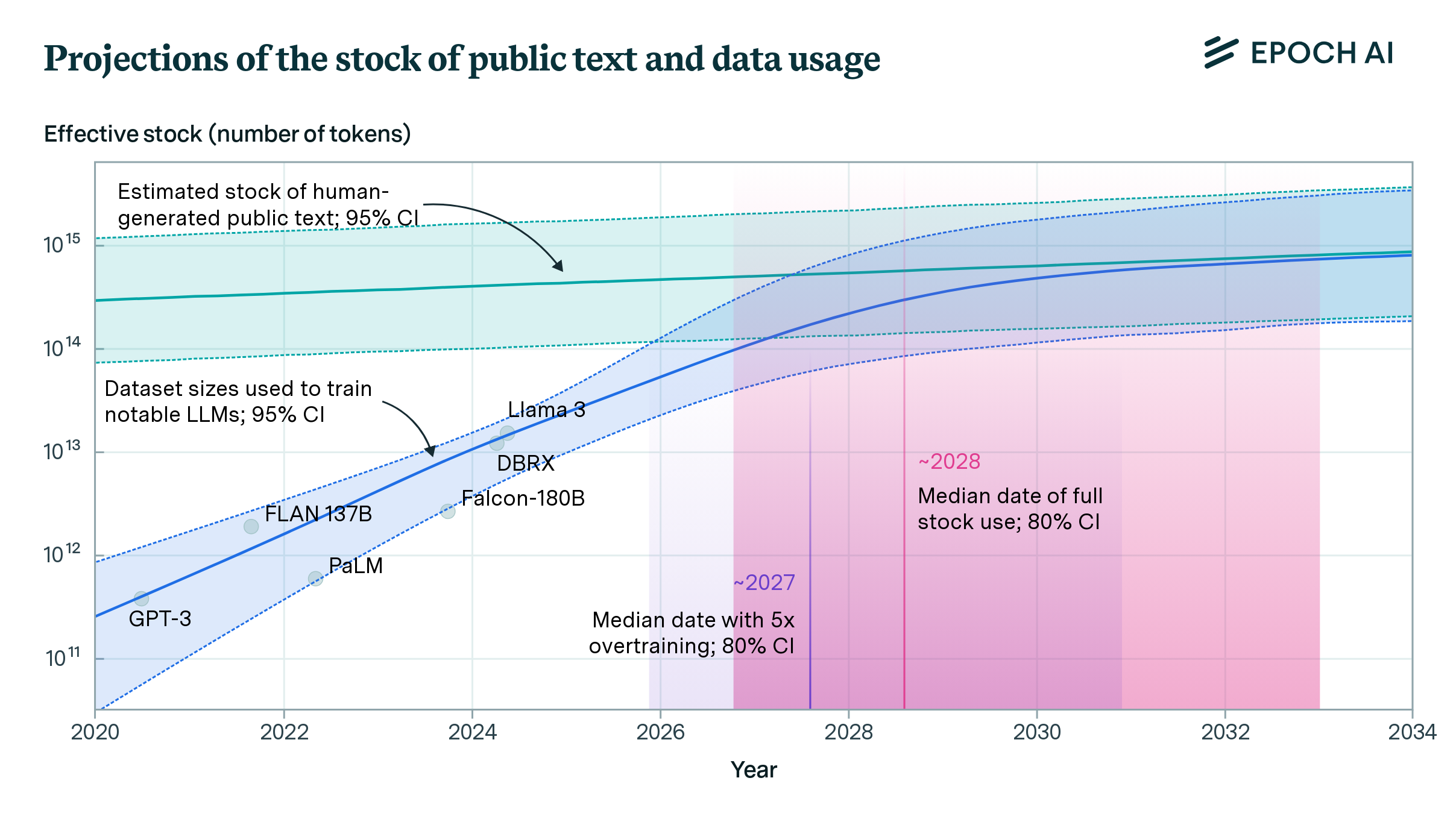
Robotic performances
I missed this news in the Dutch media, so you can imagine how this resulted from a brainstorming session on robotics.

Autonomous anarchy strategies continue: “Researchers discovered a way to trick Baidu's autonomous vehicle system using simple materials like tinfoil and cardboard.”

Next up AR? Apple Robotics?
/cdn.vox-cdn.com/uploads/chorus_asset/file/25484054/STK469_WWDC_2_2024_E.jpg)
Sometimes we hear developments in the autonomous mundane.

Immersive connectedness
A new type of camera for spatial realities. I wonder if it would be impossible to create the same effect through computation, making spatial impressions from moving cameras over time.
/cdn.vox-cdn.com/uploads/chorus_asset/file/25485399/Screenshot_2024_06_10_at_1.11.41_PM.png)
Opening up theaters in virtual space to watch presentations on virtual space. New iterations of a second life?

Smart kitchens… Immersive ingredients
/cdn.vox-cdn.com/uploads/chorus_asset/file/25481865/FullSizeRender.jpeg)
Batteries are a defining factor.

Tech societies
SaaS is profitable but also a form of value extraction?

Every year at WWDC, some categories of app makers are endangered by an OS-based service. This year, for instance, password managers.
/cdn.vox-cdn.com/uploads/chorus_asset/file/25485523/lcimg_11ca1204_67f3_40b3_81b4_e9423b01662a.jpeg)
“To be ephemeral is to be lost almost immediately, but what do we call it when we lose the ability to let things be ephemeral?” The consequences for data surrender.
Elections are a good moment for positioning the EU’s Digital Services Act. And more on EU AI Act

Dead metaphors “This is how disinformation works: it creates a space between things that definitely exist and puts them together in people’s minds in such a way that it creates connections that just aren’t there”
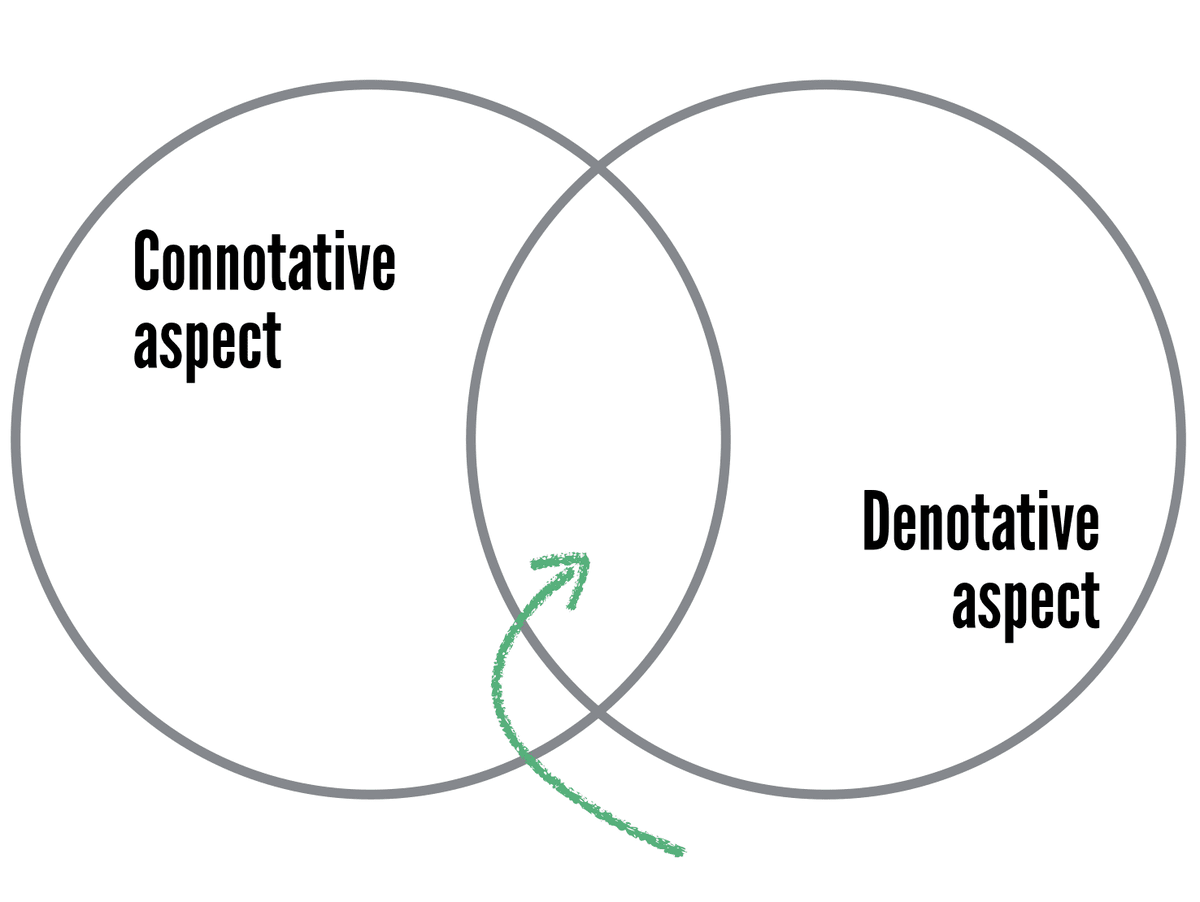
More deepfakes and political warnings.

Will AI influence the employee market? In fintech it might. The profitability of AI companies might be sooner than expected (acc one).

/cdn.vox-cdn.com/uploads/chorus_asset/file/25484929/Aidan_Gomez_Decoder.png)
Reeves and Mieville teaming up to write a book?

Paper for the week
Algorithms, Bytes, and Chips: The Emerging Political Economy of Foundation Models
Using the AI triad model of algorithms, bytes, and chips, this article argues that a confluence of factors is likely increasing the costs of developing foundational AI models, and thus generative AI products. Speculations about how the AI industry may adapt to this changing political economy, and the potential role of the state, are offered.
Mills, Stuart, Algorithms, Bytes, and Chips: The Emerging Political Economy of Foundation Models (May 20, 2024). Available at SSRN: https://ssrn.com/abstract=4834417 or http://dx.doi.org/10.2139/ssrn.4834417
Looking forward
Time to round up this rather long-winding newsletter :-) Expecting a lot of reflections on Apple Intelligence in the coming week. And maybe also part of the sessions at Mozfest House, where Trustworthy AI is a key topic. I will attend as much as the schedule makes possible. I might check the results of the Imaginaries Lab in Eindhoven, and will be at the Charging the Commons meetup at HNI in Rotterdam, followed with a Radical Civics workshop on Friday.
If you are into mobility hubs and AI, there will be an event in Utrecht and online next Tuesday.
Enjoy your week!















